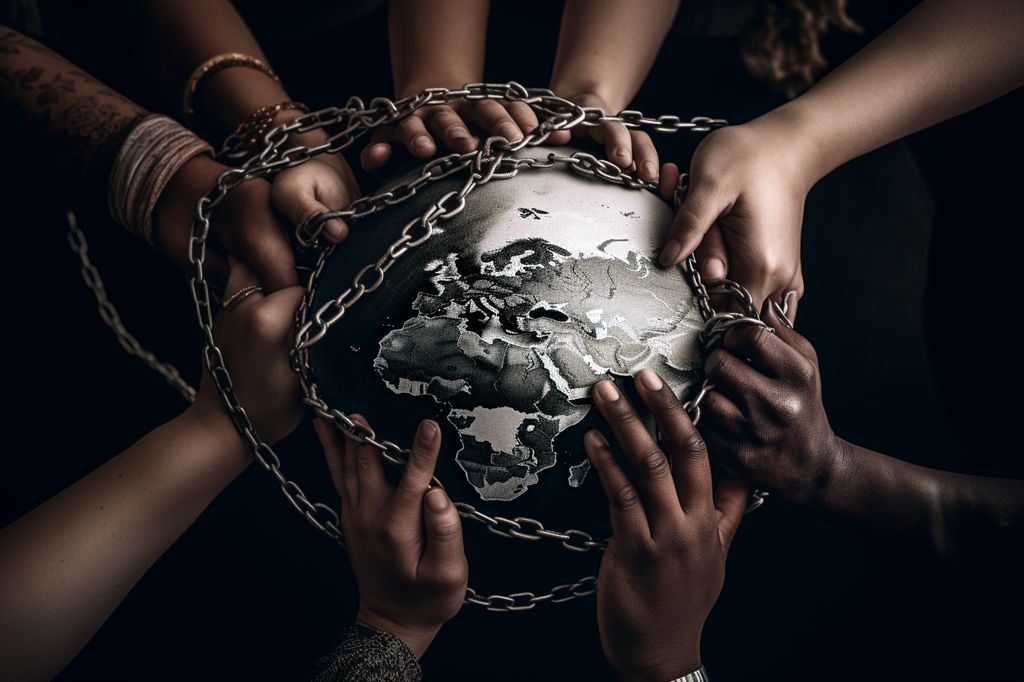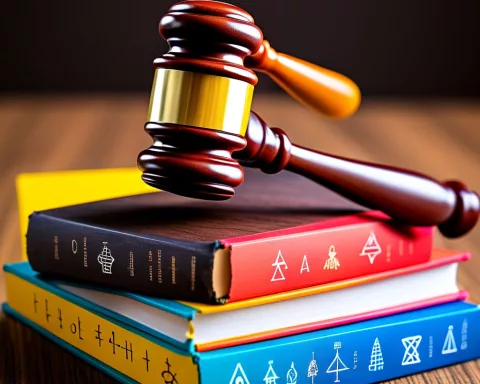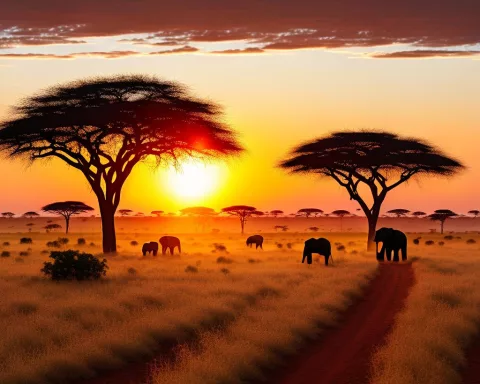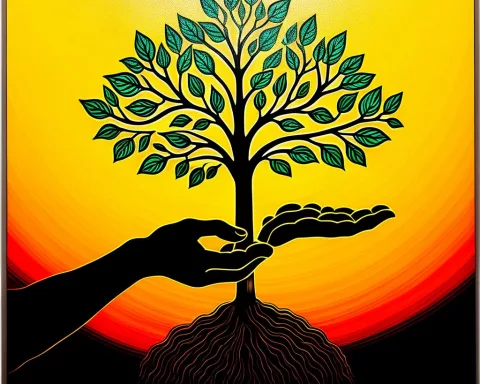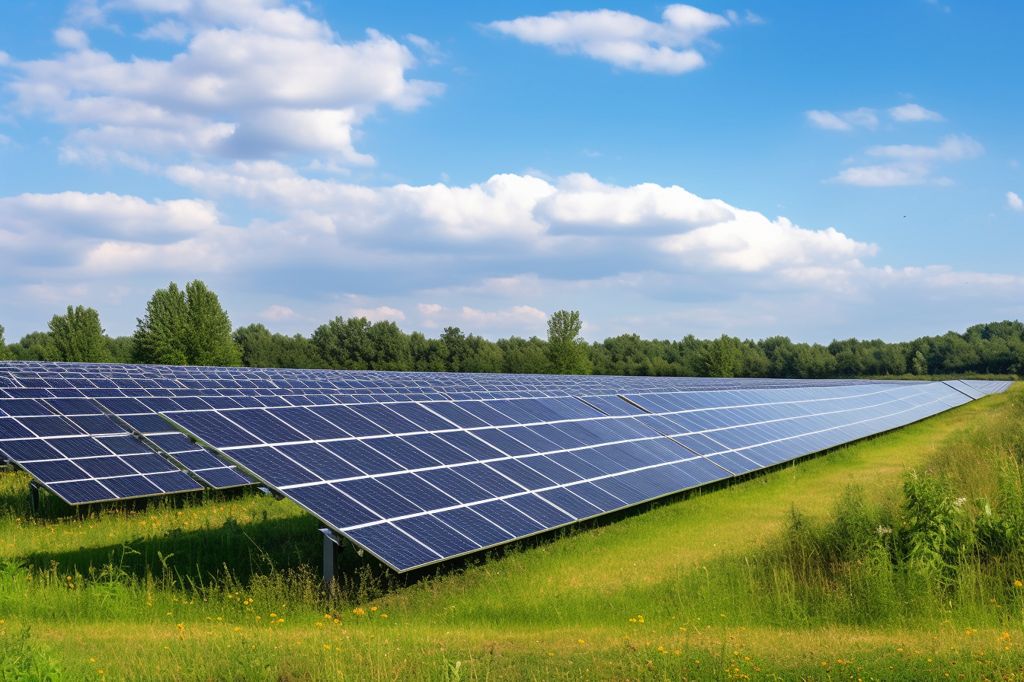The world is currently facing unprecedented challenges, and leaders across the globe must rise to the occasion and collaborate for the common good of humanity. During the recent World of Work Summit of the International Labour Organization (ILO) in Geneva, Switzerland, South African President Cyril Ramaphosa highlighted the importance of collaboration in addressing these challenges, particularly in the pursuit of social justice.
Slow Progress of Sustainable Development Goals
Ramaphosa acknowledged that the road to achieving the Sustainable Development Goals (SDGs) has been slow and uneven. The COVID-19 pandemic, economic shocks, rising costs of living, and environmental changes have worsened poverty, inequality, and social fractures worldwide. However, he expressed optimism about the United Nations Secretary-General’s call for a new social contract and the proposed Global Coalition for Social Justice.
Investment in People’s Capabilities and Decent Work
The ILO Global Commission on the Future of Work, in which South Africa actively participated, highlighted the transformative forces shaping the world of work and the need for decisive actions to harness the opportunities they present. Ramaphosa expressed support for the commission’s human-centered agenda for the future of work, which includes the investment in people’s capabilities and decent, sustainable work.
Dismantling Structural Barriers for Equal Access to Opportunities
Social justice is integral to sustainable development, according to Ramaphosa. He emphasized the need to dismantle structural barriers that impede equal access to opportunities and to eliminate discrimination based on gender, age, race, migration status, and other factors. This involves fostering open and inclusive discussions and harnessing collective wisdom to find solutions that reflect the needs and aspirations of all segments of society.
Addressing Income Inequality and Promoting Fair and Equitable Societies
Ramaphosa also delved into the importance of addressing income inequality and the role of wage policies and collective bargaining in reducing these disparities. By focusing on increasing the labor earnings of non-wage workers, who often find themselves at the lower end of income distribution, social partners can contribute to narrowing income gaps and promoting fair and equitable societies.
Moreover, he stressed the need for collaboration among social partners to foster productivity and ensure that its gains are shared equitably. By narrowing productivity gaps across countries, industries, and enterprises, wealth and opportunities can be more equitably distributed.
Extending Social Protection to Informal Economy Workers
It is crucial for labor market strategies and interventions to benefit people working in the informal economy and to extend social protection to these workers. They should be provided with access to quality healthcare and education, as well as support for their transition to formal employment. By aligning education and skills development with the demands of the job market, productivity, sustainability, and decent work opportunities can be enhanced.
Incorporating a Social Dimension in Trade and Investment Arrangements
Ramaphosa urged for trade and investment arrangements to incorporate a social dimension that respects labor and human rights, as well as decent work standards. He also stressed the importance of pursuing transitions to low-carbon economies in a just and inclusive manner, guided by the needs, interests, and views of workers, communities, and industries most affected by these changes.
Concrete Actions for Social Justice
As leaders, concrete actions must be demonstrated in the commitment to social justice. Ramaphosa urged the implementation of policies and programs that contribute to job creation, promote entrepreneurship, and ensure fair wages and working conditions for all workers.
Collective Action for Social Justice
In a time of great uncertainty and heightened geopolitical contestation, Ramaphosa called for collective action to safeguard the mandate and critical work of institutions like the ILO. The Global Coalition for Social Justice is a significant step towards this goal, providing a platform for sharing experiences, learning from one another, and mobilizing resources to address complex issues that hinder social justice.
Ramaphosa’s speech at the World of Work Summit serves as a reminder of the importance of solidarity and collaboration in addressing global challenges and the pursuit of social justice. It is a call for leaders, organizations, and stakeholders to join forces and create a world where every individual, regardless of background or circumstance, has equal access to opportunities, rights, and a decent quality of life.

